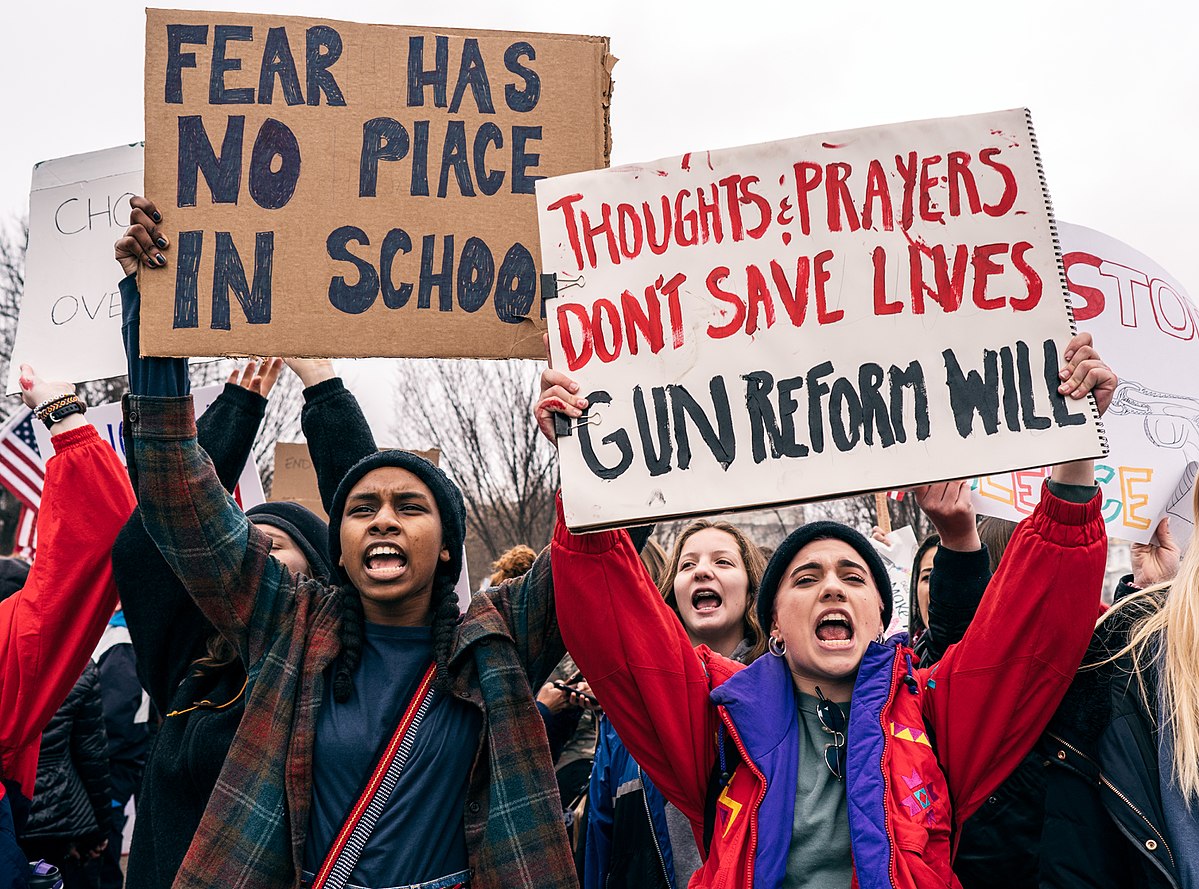
How to start making your communities a better, safer place
By Bex Peterson, Editor-in-Chief
I think it goes without saying that we could stand to be a bit more active in making the world a better place. Being aware of the issues is a great first step, but there are some real-world things you can do to push for change.
Get involved with grassroots organizations in your area
Organized action is far more effective than just one person yelling into the void of the internet. Colleges and universities are great places to get involved with causes that you’re passionate about. Join local unions, volunteer with social justice groups, and get to know what the grassroots scene looks like in your community. And hey, if there is no group that tackles the issues closest to your heart, you can always start one!
Talk to your friends and family about the hard stuff
How many times have you sat quietly at a family dinner while a family member said something you knew to be hurtful or bigoted? How many times have you winced but done nothing when a friend did the same? It’s never fun to be the wet blanket, and it’s tempting to stay quiet to avoid coming off as one—however, people are far more likely to listen to and learn from people they care about. If you truly want to make a difference, you really do have to start at home and in your peer groups. Lead by example; you’ll be doing your friends and family a favour.
Don’t give hateful ideologies platforms
The rise of social media has given everyone their own platforms to disseminate information and share ideas. Many people have learned to use these platforms to their own advantage—unfortunately, this includes people with hateful ideologies. When you share a hateful video or a tweet, even with the intention of condemning it, you’re still helping to spread the ideas around and giving these people a larger audience. It’s especially egregious when people host alt-right figures and fascists for “debates.” These are not ideas that you can have a good faith, “both sides have a point” intellectual discussion about. Giving them this attention only helps to normalize these ideologies—and these ideologies are not normal. You can condemn the ideology without giving its proponents a spotlight and a microphone.
Leverage your privilege to help others
Just as your family and friends are more likely to listen to you, privilege gives you a voice you can use to help the people around you. If you’re a white person, other white people are oftentimes more likely to listen to you if you’re the one to call out their racism (though make sure you’re not talking over people of colour if and when you do so). Men, I’m begging you, if you see another man harassing a woman or propagating sexist ideas, you have to be the one to intervene and let them know that they’re out of line. Even something as simple as putting yourself between a bigot and the person or people they’re targeting and staying with the victim until you know they’re okay can create a much safer atmosphere for marginalized people. You’d be surprised how many others will stand with you when you lead by example.
Prioritize and take breaks
Burnout in activist circles is a very real problem. It’s okay to choose an area to focus your attention on, and it’s okay to step back sometimes and take a break. Disconnect from social media from time to time and do something that re-energizes you. The moment you lose hope and energy, it becomes so much harder to passionately advocate for a better future.
Show up to protests and counter-protests
Last year an alt-right organization tried to rally in Vancouver a few weeks after the Charlottesville rally. The Vancouver rally was ultimately a failure for the alt-right because the rally space was flooded with counter-protestors in numbers far exceeding those of the original group. We scared them off. More importantly, we showed both bigots and their victims where much of Vancouver stands on these issues. Protests bring awareness to important subjects and show solidarity, plus—referring back to my first point on this list—it’s a great way of discovering grassroots organizations you can get involved with.

